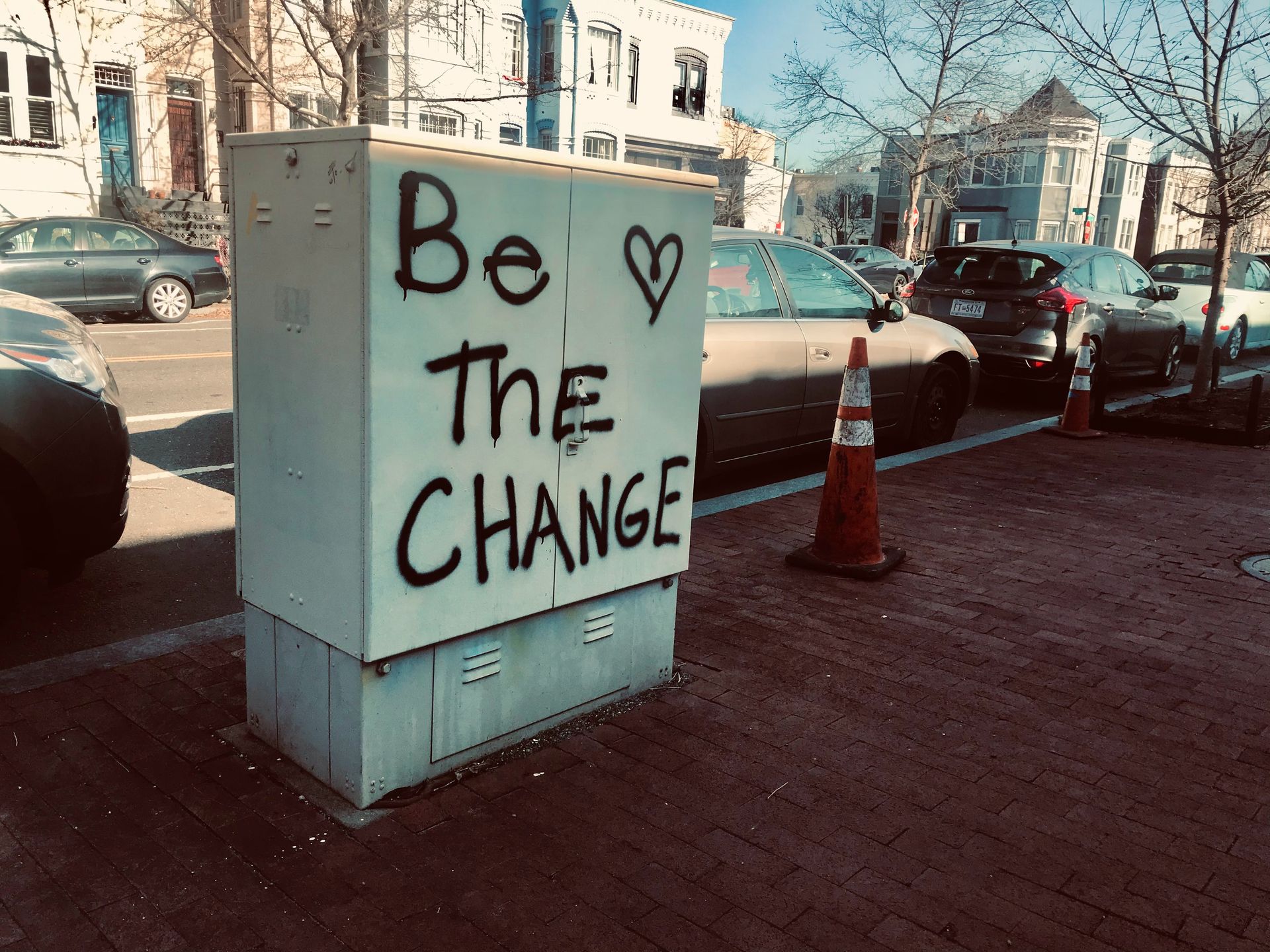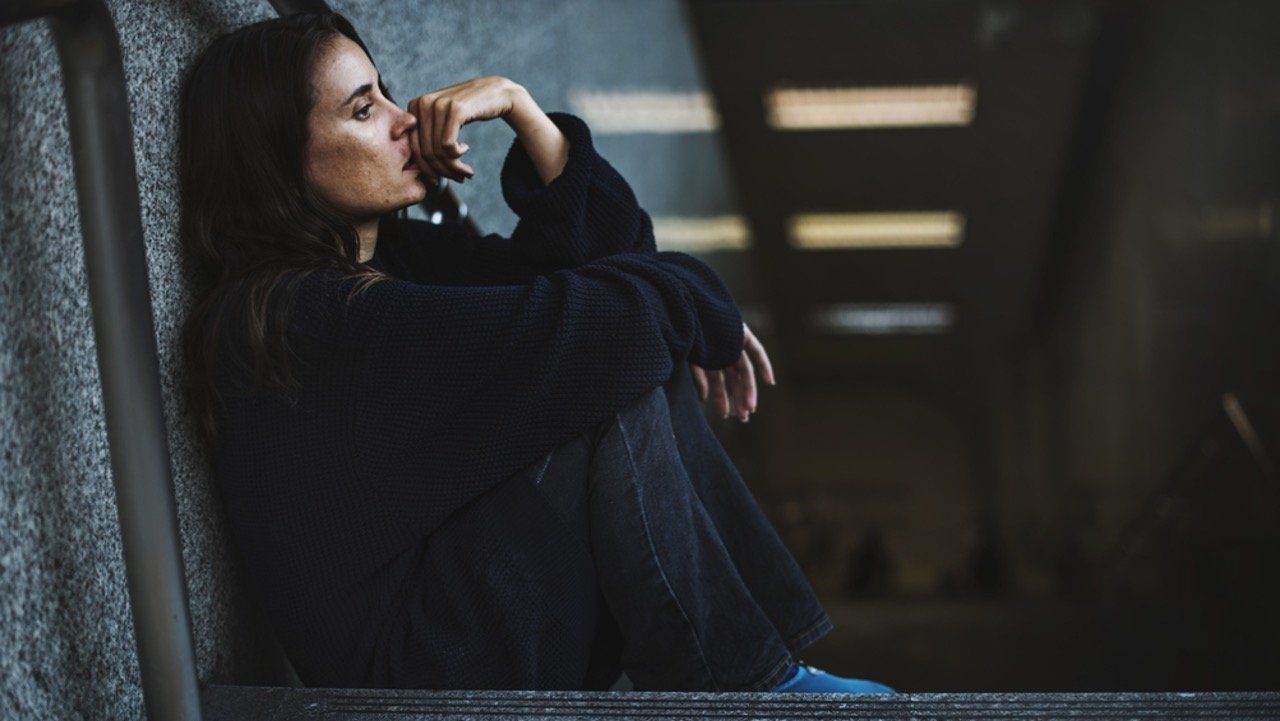Self-Injury Awareness Day (SIAD)
Fauz Faraj

Self-Injury Awareness Day (SIAD) is highlighted every year on 1st March to remove the stigma attached to self-injury. The aim is to encourage parents, family members, educators and healthcare professionals to recognise the signs and have confidence in offering support around self-harm which can not only be distressing for the person self-harming but also those around the person.
What is Self-Injury?
Self-injury (also known as self-harm) is defined as an act wherein someone deliberately hurts or injures themselves. There are many different ways people intentionally harm themselves including most commonly cutting or burning their skin but people may also hit/punch objects or themselves, seek fights, poisoning, ingest objects, alcohol and drug use, starvation/binge eat and excessively exercising amongst other methods.
The act is most often used as a coping mechanism and is not an attempt at suicide. However, it is important that we also recognise that those that self-harm can also be at increased risk of suicidality and accidental death through self-harm. The practice itself isn’t limited to teens; in fact, it isn’t unusual for self-harm to take place with adults.
The Problem
Considering that most people who take part in self-injury will do so in secret, rarely are the acts voluntarily revealed to others and they are associated with a sense of guilt and shame, it is hard to get an accurate figure on its prevalence. However, recent statistics reveal that it is more common than many had previously believed.
Some self-injury statistics*:
• Each year, one in five females and one in seven males engage in self-injury
• 90% of people who engage in self-harm do so during their teens or pre-adolescent years
• Nearly 50% of those who self-injure have been sexually abused
• Females comprise 60% of those who engage in self-injurious behaviour
• Approximately 50% of those who self-harm begin around age 14 and carry on into their 20's
• Many of those who self-injure report learning how to do so from friends or pro Self-Injury websites
*Source: https://www.healthyplace.com/abuse/Self-Injury/Self-Injury-self-harm-statistics-and-facts
We need to break the cycle of social exclusion and shame associated with self-harm by increasing our awareness, understanding and skills to support those who need it most. That’s where aneemo
comes in.
Symptoms
It can be challenging to know when a loved one or friend is self-harming. Some of the signs and symptoms include:
Behavioural symptoms:
• Wearing long trousers and long-sleeved shirts, even on hot days
• Brushing off injuries as frequent “accidents” or as a result of being clumsy
• Needing to spend a lot of time alone
• Challenges with friendships and romantic relationships
• Keeping sharp objects or implements of self-injury on hand
• Withdrawing from once-enjoyed activities
• Unpredictable, impulsive behaviours
Physical symptoms:
• Scars
• Fresh scratches or cuts
• Bruises
• Broken bones
• Patches of missing hair
Cognitive symptoms:
• Ongoing questions about personal identity
• Helplessness
• Hopelessness
• Worthlessness
Psychosocial symptoms:
• Emotional numbing
• Emotional instability
• Mood swings
• Depression
• Increased anxiety, especially when unable to self-injure
• Guilt
• Shame
• Disgust
How Can I Help?
We can all help by coming together to help one another. You can support someone who is self-harming by:
• Encouraging them to talk about how they are feeling
• Making time to really listen
• Showing concern by taking what they say seriously and acknowledging their distress and feelings
• Not being critical of their actions, judging them or jumping to conclusions
• Emphasising that you do not think that they are attention seeking
• Taking things at their pace
• Asking them what they would find helpful
• Thinking through with them who they could talk to and what they might say
• Completing a detailed risk assessment to develop a joint support and coping plan
• Offering to go with them to get further specialist advice and help
Other Things that Can Help
Some people who self-harm can find writing their feelings down in a letter or journal is helpful; others find that energetic forms of exercise (e.g. running, dancing), ripping up papers or punching a cushion or pillow can help distract them from self-harming. Alternatively, more relaxing activities, such as listening to music or practising slow breathing, work for some people. What is most important is that you don’t automatically try to prevent the person from self-harming or take away their control without helping them to develop alternative coping strategies as this can inadvertently increase risk.
For more information on sources of support around self-harm effecting you or someone you support or care for, please visit the NHS website.
How Do I Get Started?
aneemo
recognises the need to further spread knowledge on how to support those who self-harm.
There are a host of courses relevant to helping staff support people experiencing multiple disadvantage including our Mental Health Skills training.
View all courses here.
The Impact of Raising Awareness
For more general information you can also visit the NHS Website.
Together we can make a difference.
Speak With Us!
Contact us
today to find out more about how you can get involved. We can offer training to individuals or teams, allowing colleagues to come together to effectively support those most at risk of self-harm.

As January draws to a close, many people who embraced Dry January are beginning to reflect on the experience. For some, it’s been a chance to reset habits, explore healthier routines, and notice the benefits of change. For others, it might have sparked a realisation about the challenges of maintaining those changes longer-term.

Health and social care staff commonly tell us that supporting individuals who have a history of offending presents unique challenges. These challenges stem from the complex systems as well as multiple needs that often accompany a history of offending. It is well documented that people in contact with the criminal justice system can have high levels of mental health and substance use difficulties, histories of trauma and adversity, homelessness, and experience barriers in social inclusion. Individuals may also struggle with accessing education, employment, and stable housing, creating a cycle that can be difficult to break.
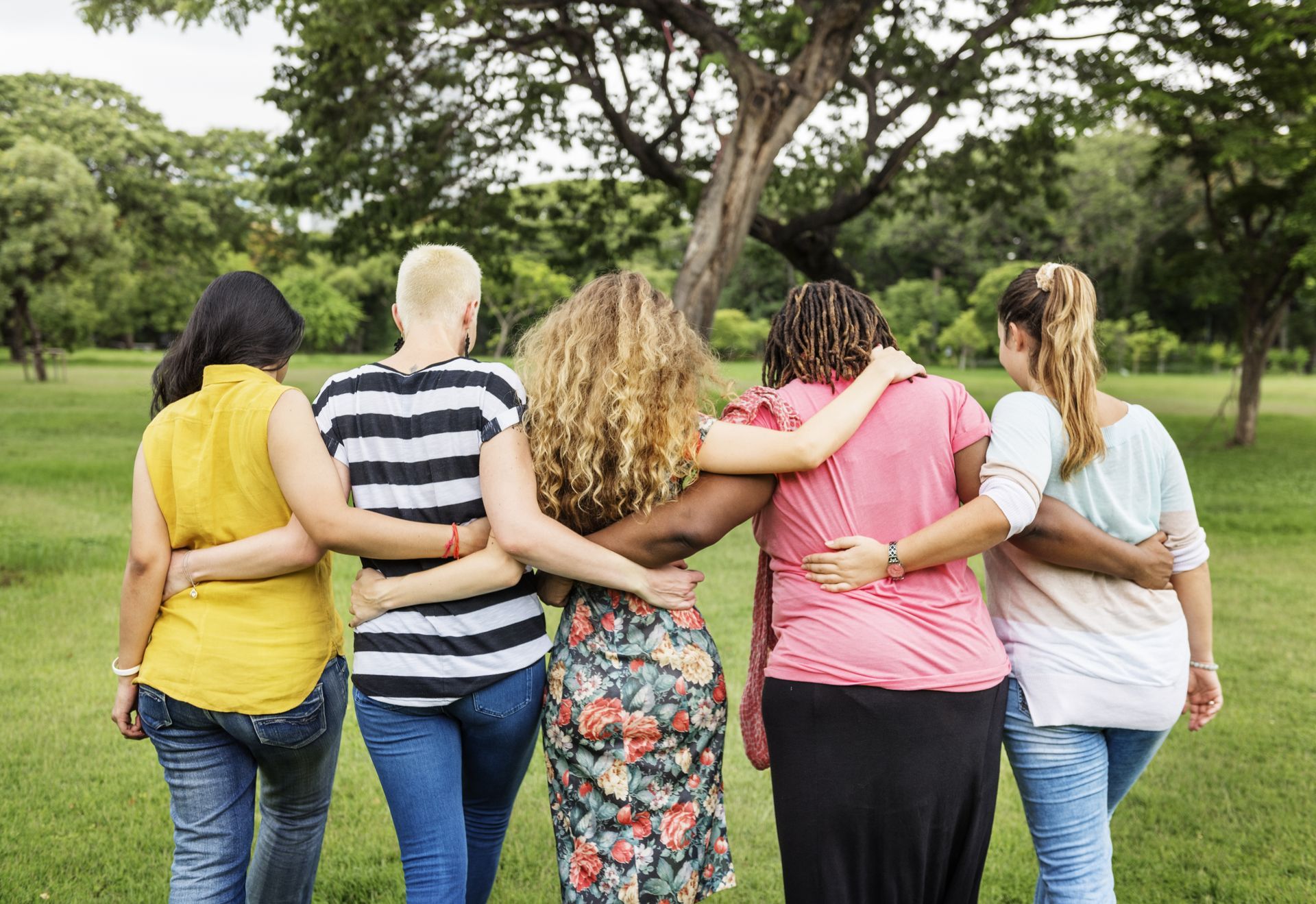
As year end approaches we've been reflecting on everything we've achieved and been part of at aneemo HQ. It's been a busy 12 months, from new course launches to bespoke training programmes and exciting new partnerships. We've picked out our top 10 favourite highlights below - thank you to everyone involved in making it another inspiring and jam-packed year!

This years’ 10th of October marks an important day in highlighting and raising awareness of how a community can comprehensively support its members. Not only does World Mental Health Day fall upon this day, but the date is shared with the recognition of World Homeless Day also. The 10th of October therefore creates a powerful and special opportunity for open and critical discussion into how we, as a society, can best support those who are struggling and effectively drive political change to support those facing multiple disadvantages.
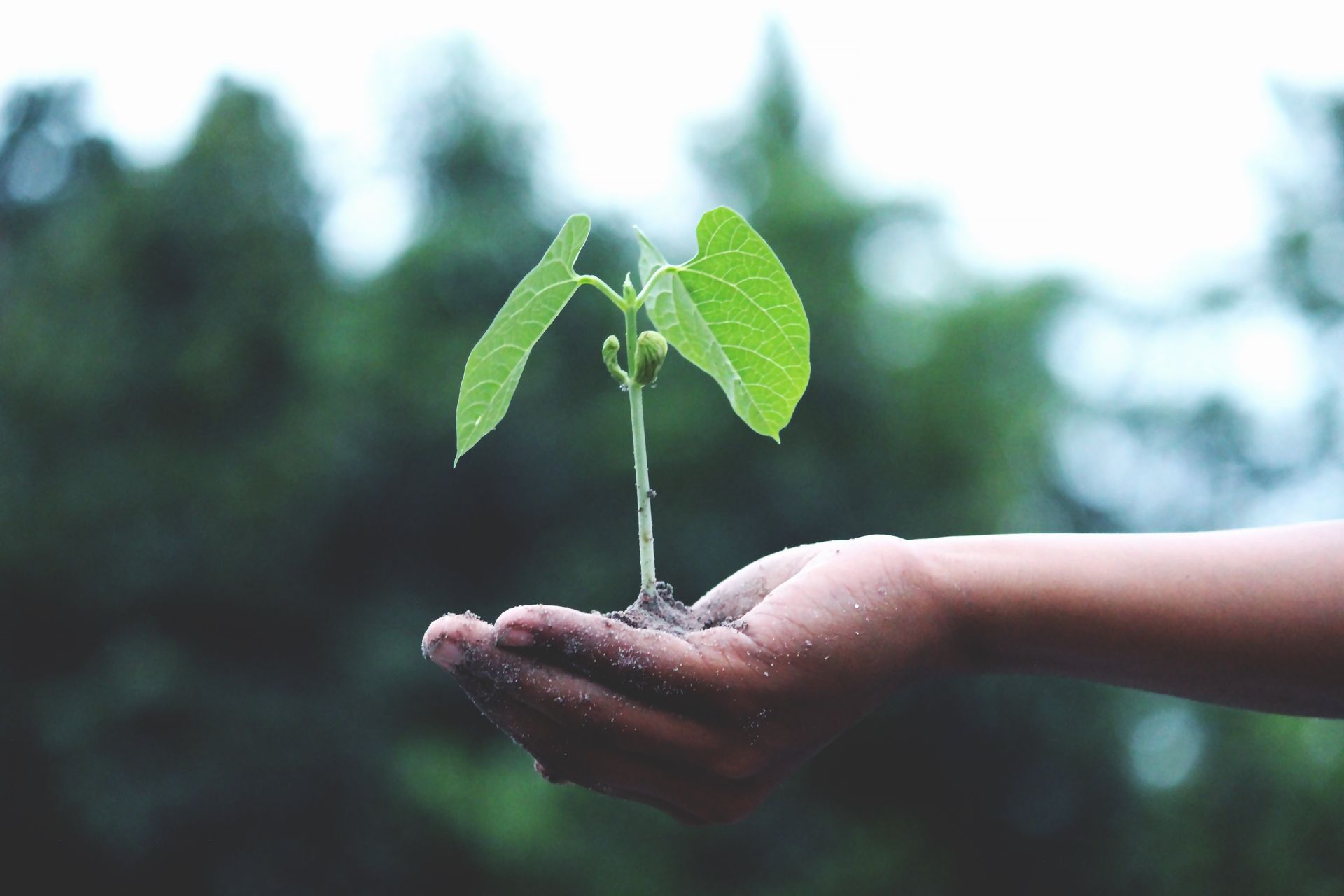
Aneemo is pleased to be working in partnership with Westminster City Council and Groundswell to develop a three tiered PIE training programme, launching in early 2023 . Funded for three years by the DLUCH Rough Sleeping Innovation grant, each level of the programme supports Westminster City Councils drive to create a Psychologically Informed and Trauma Informed supportive community model and cross-sector, borough-wide intervention.
